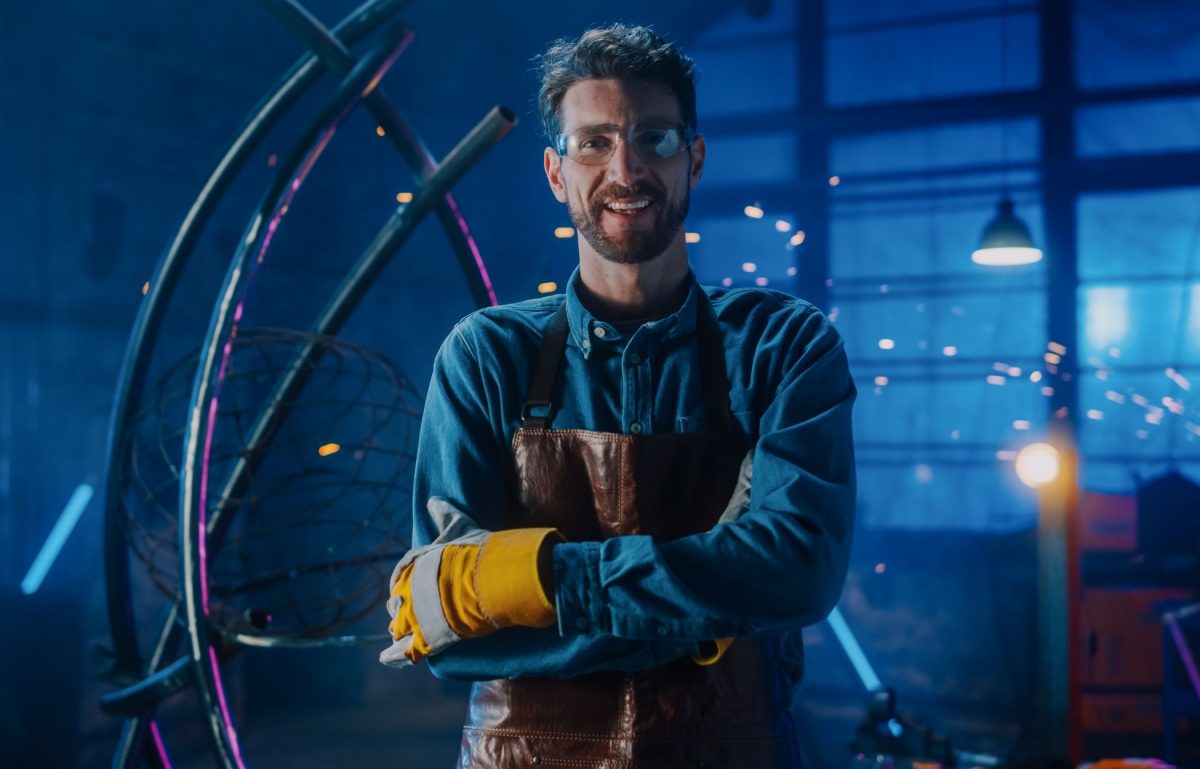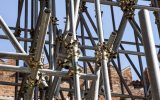If you love taking things apart and putting them back together, metal fabrication could be the perfect career for you. Metal fabrication is the process of shaping metal into different parts and or end products. Continue reading if you’re curious; in this article, you’ll learn a brief overview of the industry.
A career in metal fabrication is right for you if you want to work with advanced technology, think creatively, collaborate with others, and solve problems.
Help Wanted: A Creative Problem Solver
There are plenty of job openings available in the metal fabrication industry because more people are retiring than entering the field. The skills shortage has been happening for a few years and doesn’t look like it’s getting better anytime soon. There are plenty of job opportunities in the industry.
This career is right for you if you want more from a job than reading endless emails and sitting at a desk all day. If you enjoy working with your hands, being creative, and working on your feet, then the metal fabrication industry has a lot to offer for you.
More Than One Area
The industry has a lot to offer within its various areas. Each area of work uses different machinery and works with different types of fabrication. Some of the positions include the following:
- Metal Fabricator: This position will use various tools to bend, cut, and form metal into the required shapes. For this job, you need to be able to visualize objects in 3D and read engineering drawings.
- Press Operator: This particular position involves running a punch press or press brake. You have to provide quality work quickly.
- Machinist: In this job, you’ll operate a metal-cutting machine. It could either be a lathe or a milling machine.
- Welder: This job involves the preparation and setting up of pieces within fixtures.
- CNC Machine Operator: This position involves running machines such as water jets, plasmas, or laser cutters.
- Robot Programmer: This is typically an engineering role. You must understand robots and how programming software works.
- Estimator: This position estimates what it’ll take to produce each job or project. The person in this role usually has quite a bit of fabrication experience.
Skills and Qualifications
Some entry-level positions may only need a high school diploma or a GED, but the career paths are incredibly varied. If you’re interested in welding positions, you’ll need to complete classes and certifications. In comparison, careers in engineering will require a college degree. Jobs in the metal fabrication industry provide people a place to work their way up from entry-level positions.
You Enjoy Math
If you enjoy problem-solving, a career in metal fabrication could be right for you. Measuring and math are two skills you’ll use daily. You must be precise about following drawings and measurements.
Great Communication Skills
If you want to work in the fabrication industry, you must have excellent communication skills. During projects, instructions and expectations must be clear and precise. This industry encompasses communication between sales and clients, engineering and management, clients and engineering, and engineering and production.













